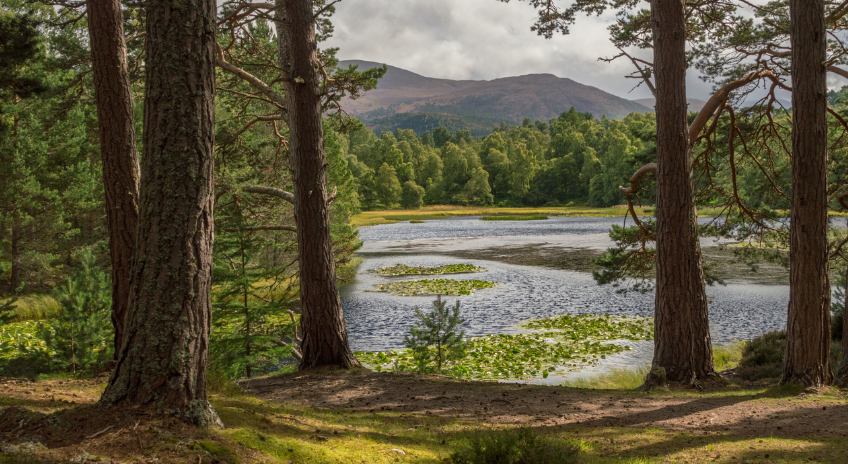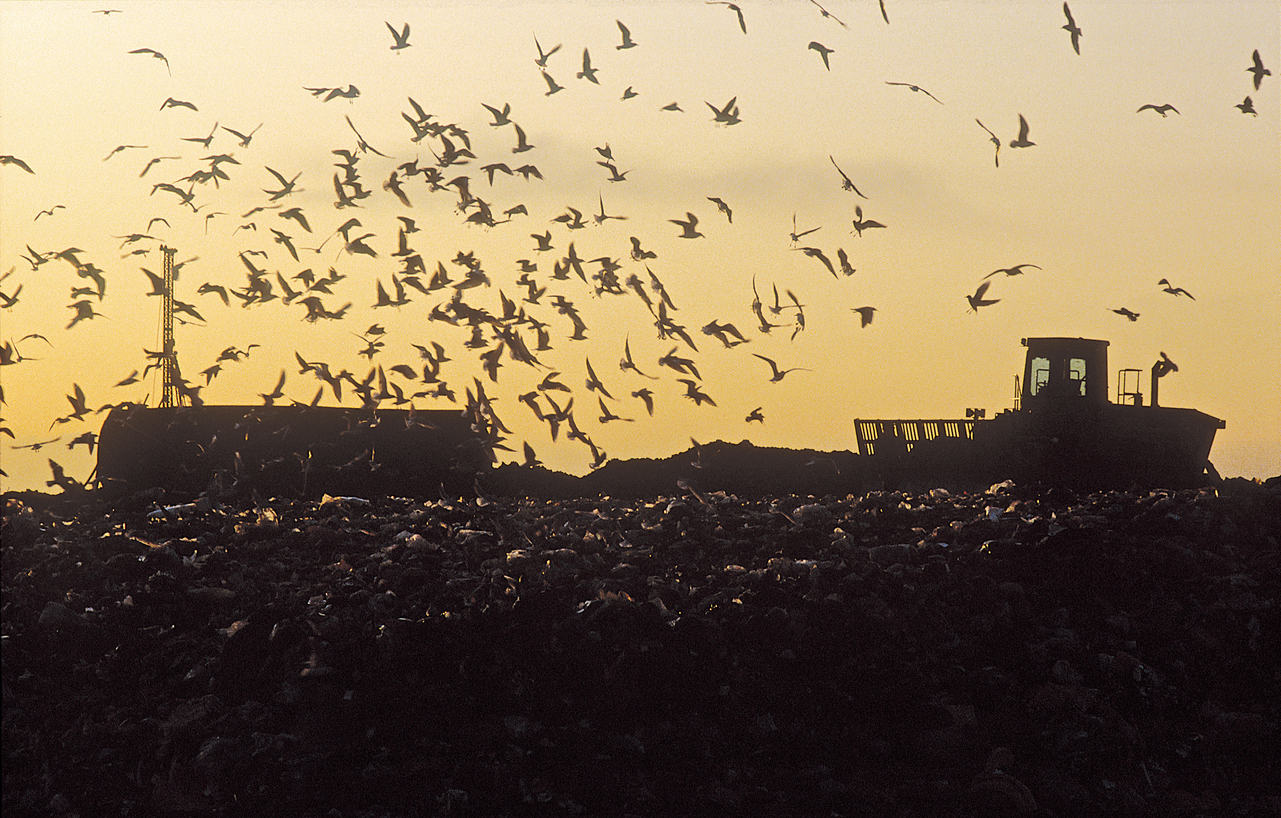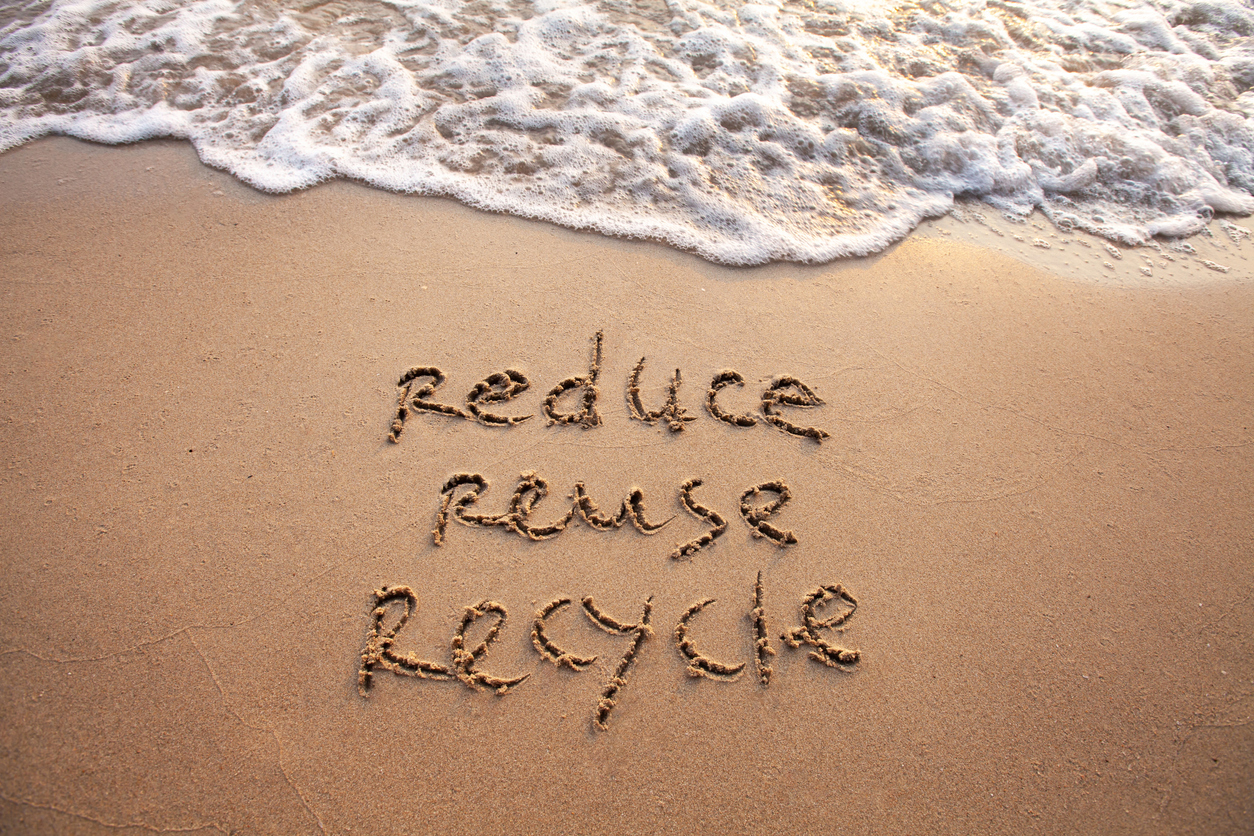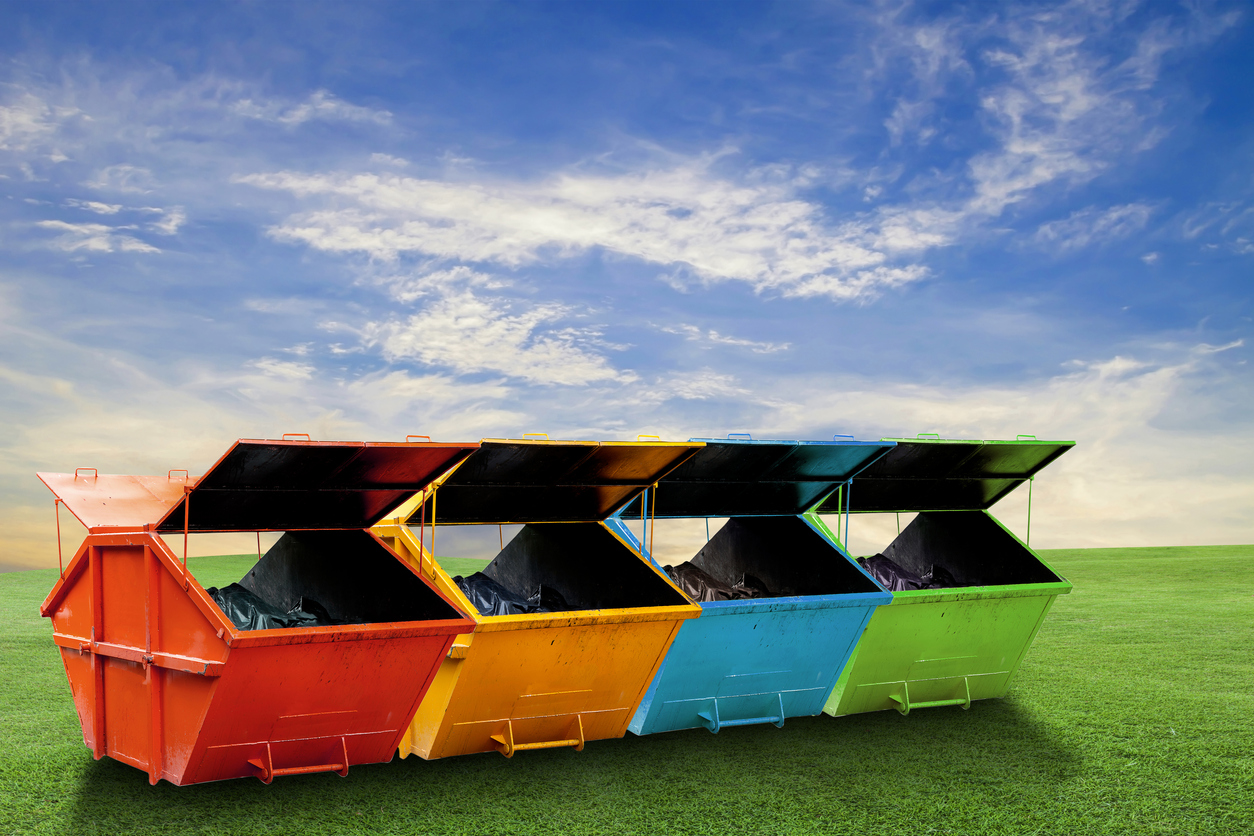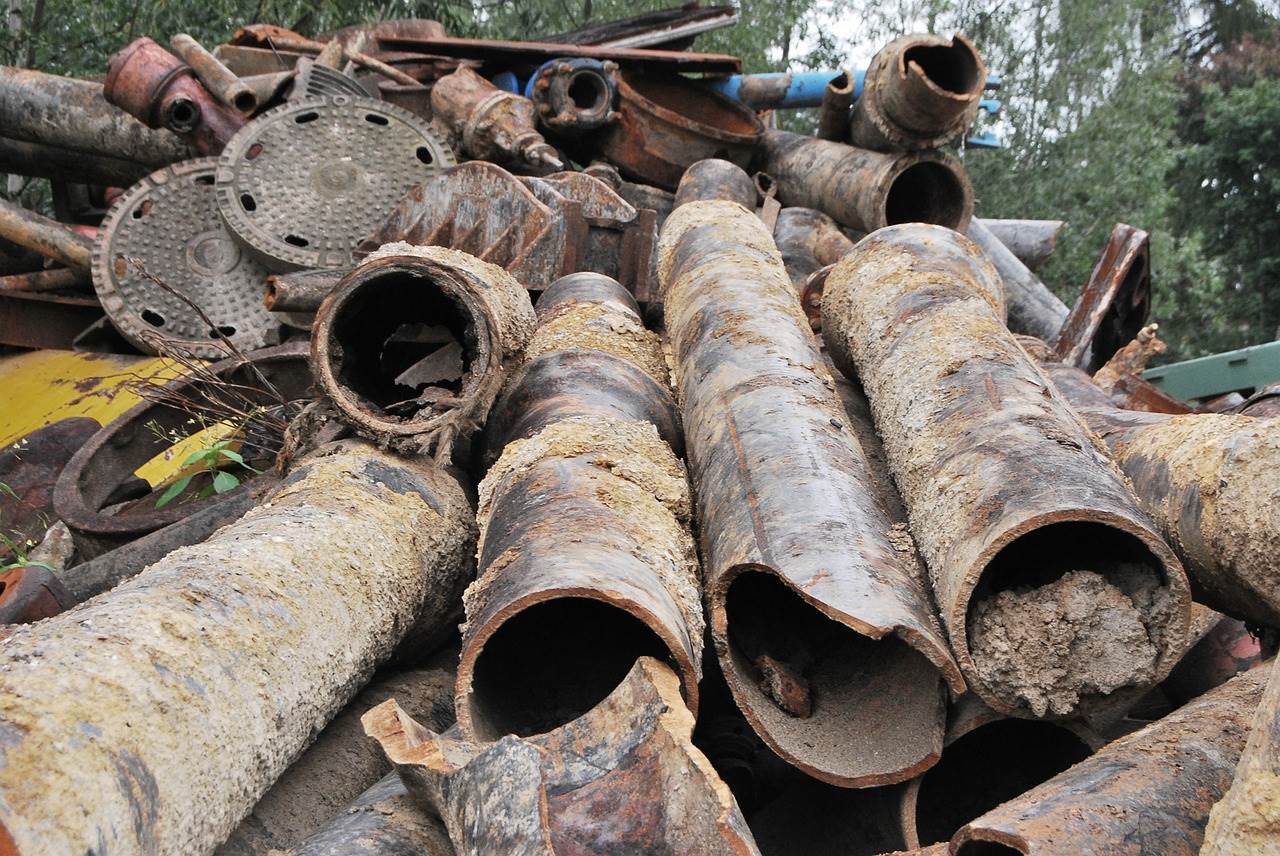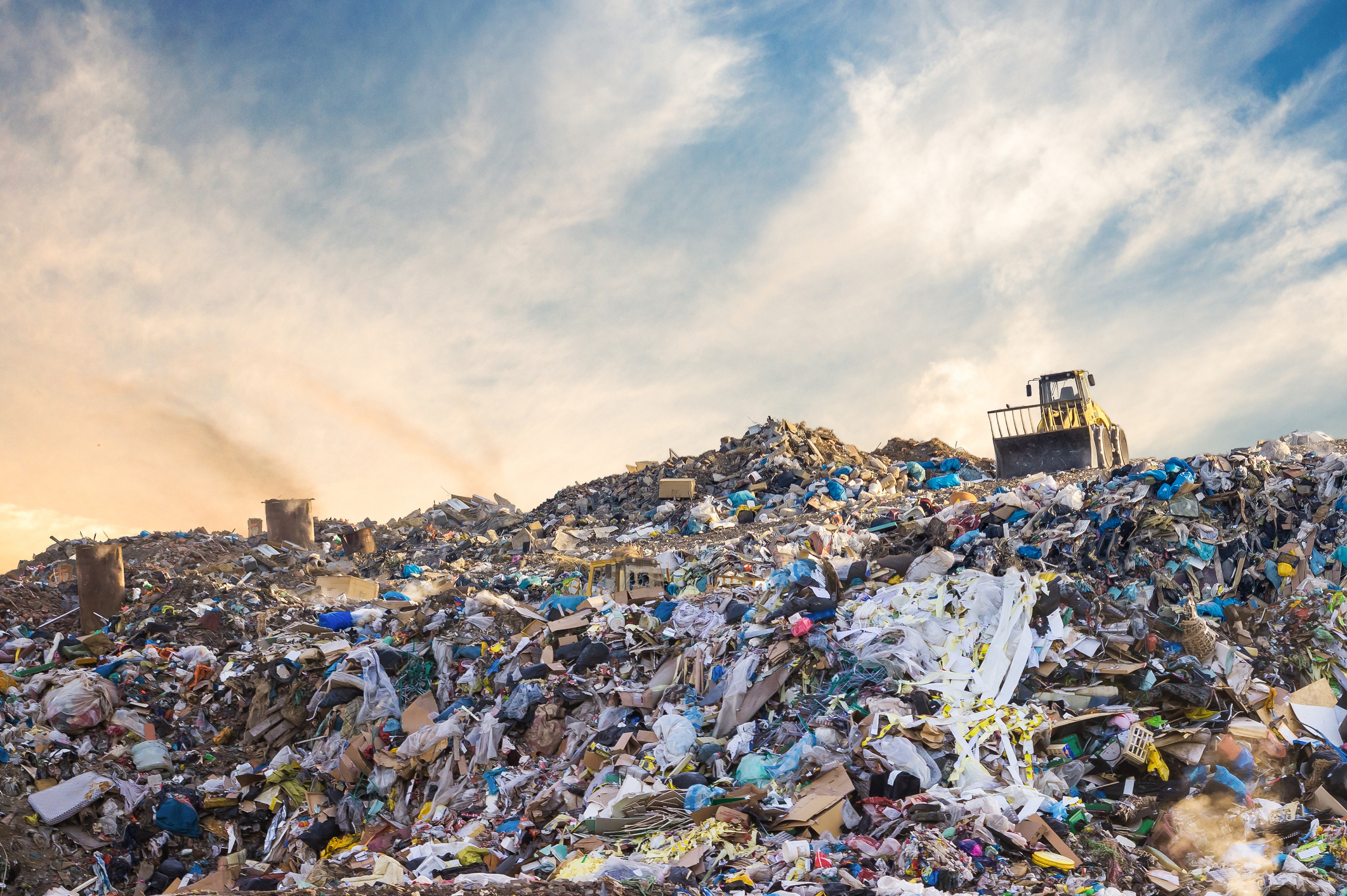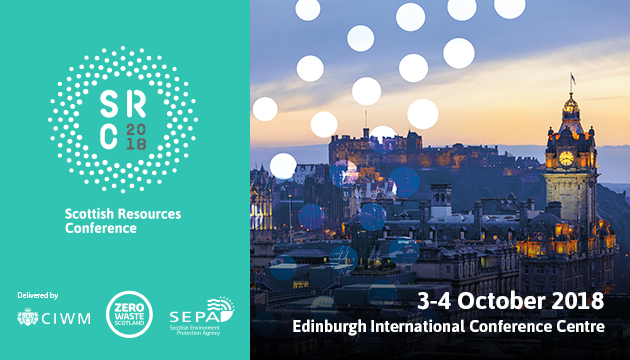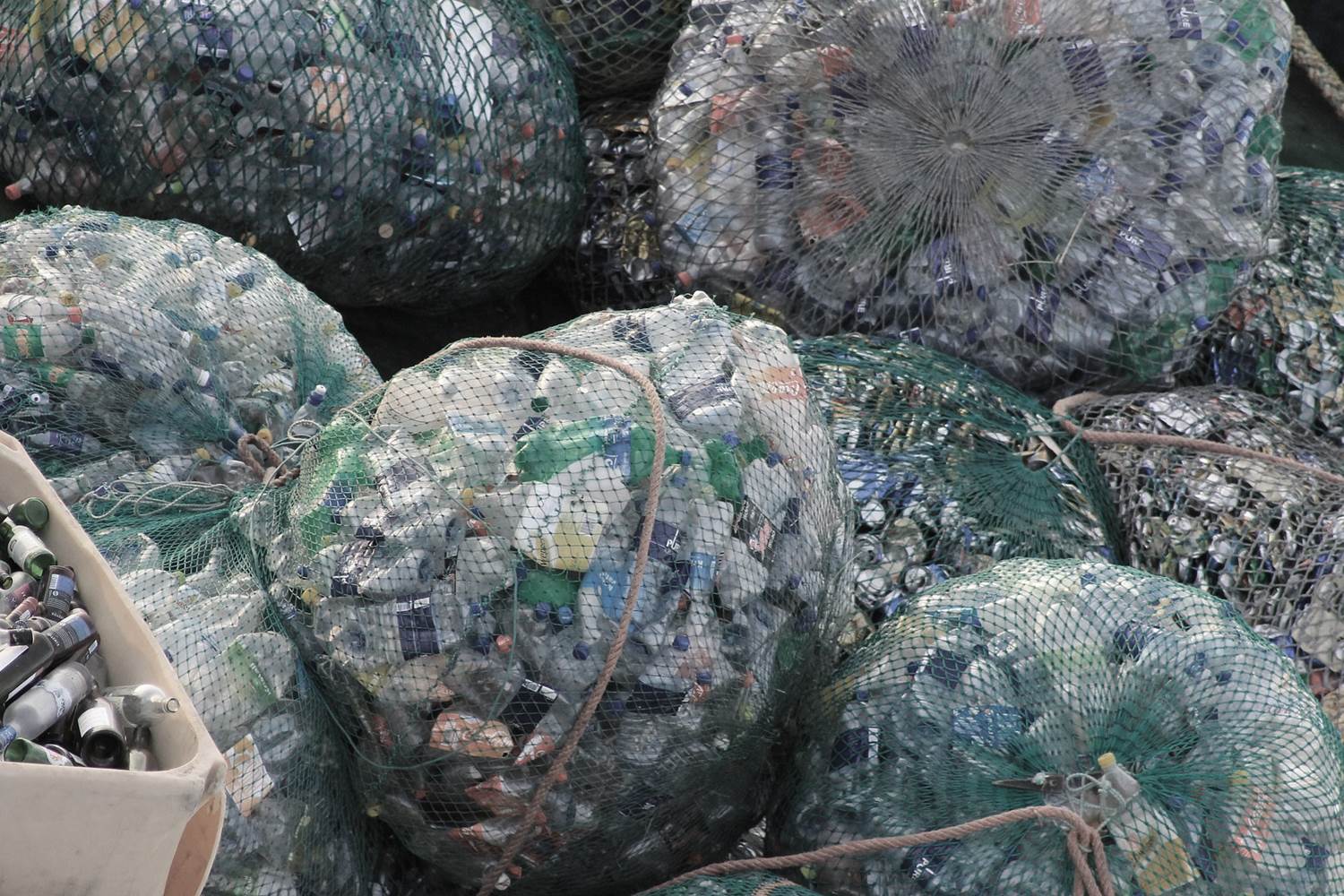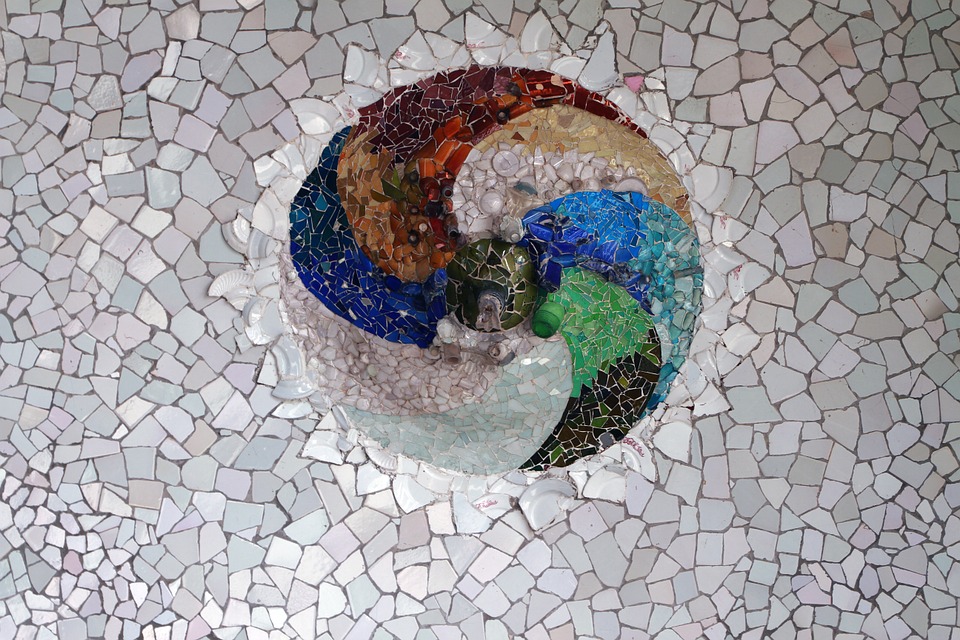
Circular Economy
Date: 10/05/2019 | Energy & Natural Resources, Environmental
The “circular economy” is a term we are all going to start hearing a lot more about, especially since Glasgow announced its intention to become Scotland’s first “circular city”.
The principle of a circular economy is simple: unlike in a linear economy, where materials and energy pass through the economy in one use and are then discarded, a circular economy seeks to minimise waste by continuing to use materials and energy after their first use, finding opportunities for reuse and recycling. The longer that materials or energy spend productively in the economy, the more circular that economy is.
The Scottish Government has recently unveiled proposals for a far-reaching deposit return scheme on aluminium and steel cans as well as drinks containers made of glass and polyethylene terephthalate (PET) plastic, which it is expected could divert some 140,000 tins and bottles to recycling instead of landfill, and which will bring the circular economy right into our everyday lives.
But the circular economy is not just about recycling plastic bottles, important as that is. It also means going right back to the start of our production processes and adapting them to reduce the virgin or non-recyclable inputs required. Rather than fresh components being manufactured, could used components be reused or repurposed in their place? Where new components are required, do fresh materials have to be mined to make them, or could composites be used? If the components needed to operate a system are too bespoke for other ones to be reused, could the system itself be adapted to be more friendly to recycled materials?
The circular economy therefore also presents a business opportunity, as savings can be made through repurposing or refurbishing other people’s used materials, but also through collaborating with other businesses at the development and planning stages, finding opportunities to share or co-design resources so that they will be more useful to others.
The renewables industry specifically, despite being viewed as one of the most environmentally friendly industries, is particularly far behind in adapting to the circular economy model. There is a wealth of untapped potential in the renewables sector to find ways to make ourselves circular, from the materials used in constructing turbines to the way we maintain and recycle them, and finding other businesses/industries to partner with; the only limit is our own ingenuity. As environmental benefit is a major part of the renewables proposition we have a particular duty to find ways to make ourselves more circular.
Towards the end of last year, Scottish Renewables partnered with the Advanced Forming Research Centre at Strathclyde University in hosting a seminar on Unlocking Value in End of Life Assets. We heard presentations from speakers representing different parts of the circular economy effort in renewables, including a research group at Strathclyde working on the recycling of composite materials used for wind turbine components, and a start-up business already out there working on the refurbishment of plant, either to preserve its lifespan in situ or for installation in new developments.
We also heard from Zero Waste Scotland, a Scottish Government-funded organisation which works to further the government’s environmental strategy by increasing the value placed on resources and reducing waste, about public help available for business initiatives which meet these goals.
With the myriad issues facing the renewables sector just now, including ever increasing competition in the energy market and the public subsidy regime becoming more restrictive, renewables businesses of every size will be looking to prioritise finding efficiencies and reducing costs in their business model. The circular economy represents an opportunity to do not only that, but to increase the environmental benefit that the industry as a whole creates.
Davidson Chalmers Stewart has significant experience in renewable energy. Please get in touch with a member of the team if you require advice on any aspect of the above.




